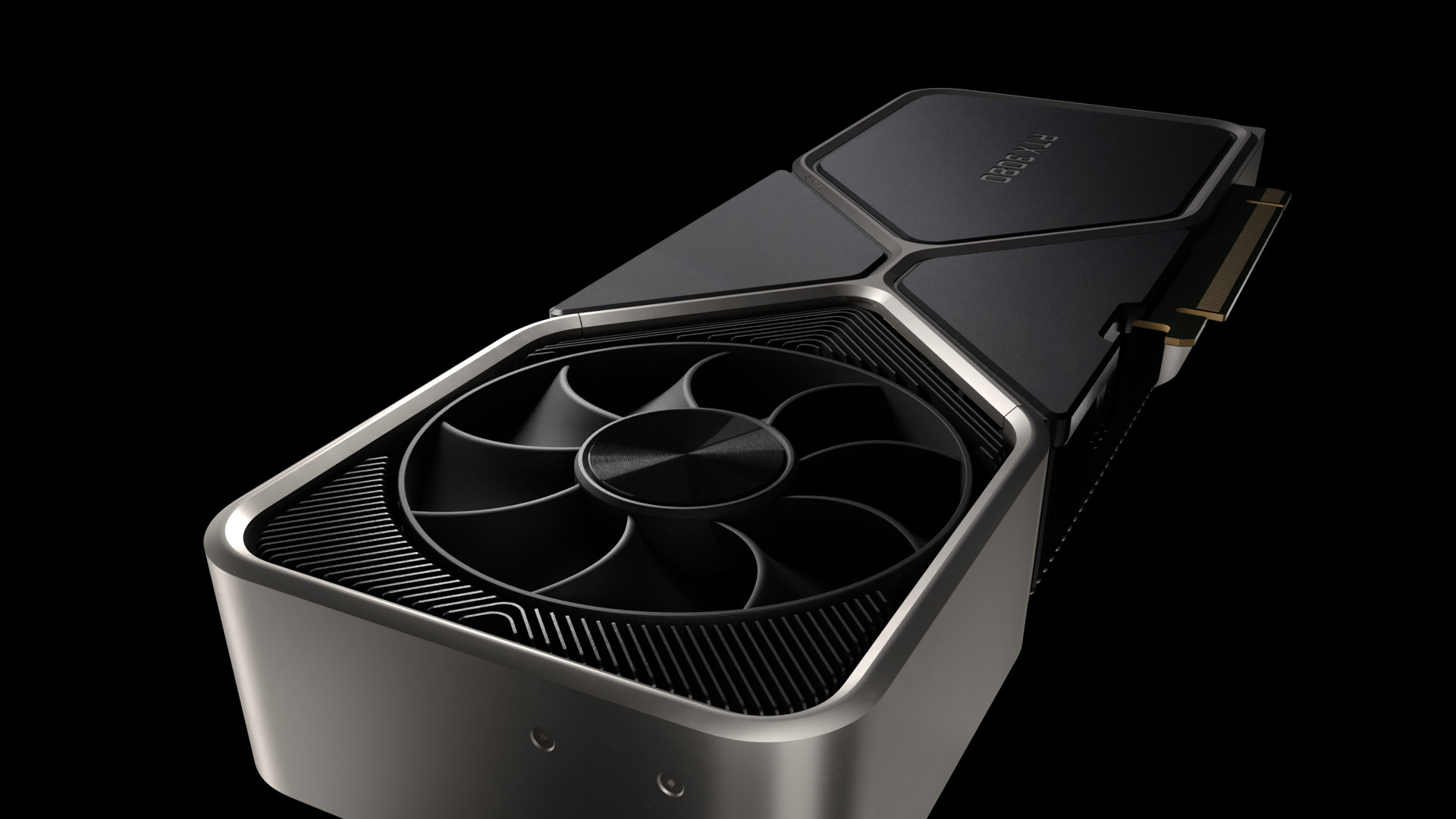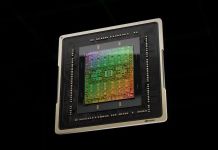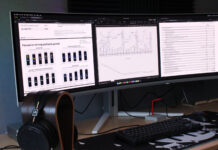Doubles Performance of Existing Standard, Multi-Monitor Support over single connector, optional Bi-Directional Data Transport supporting USB 2.0 and Ethernet, Support for the Mini DisplayPort Connector and Backwards Compatibility with the Current DisplayPort Standard
Milpitas, Calif., and Las Vegas – The Video Electronics Standards Association (VESA) today formally unveiled the industry’s most innovative and flexible digital communication interface standard for transporting display, audio and other data.
VESA’s DisplayPort Version 1.2 is a comprehensive extension to the original DisplayPort standard offering many new benefits to the end user. Benefits include: double the data rate of the previous DisplayPort v1.1a standard (enabling higher performance 3D stereo displays, higher resolutions and color depths, and fastest refresh rates); multiple monitor support from a desktop or notebook computer using only one DisplayPort connector; the ability to transport USB data between a PC and Display, supporting Display USB functions such as a webcam and USB hub. DisplayPort v1.2 is backward compatible with existing DisplayPort v1.1a systems, including existing cables and the Mini
DisplayPort connector.
DisplayPort v1.2 increases performance by doubling the maximum data transfer rate from 10.8 Gbps (Giga-bits-per-second) to 21.6 Gbps, greatly increasing display resolution, color depths, refresh rates, and multiple display capabilities.
DisplayPort v1.2 supports “multi-streaming”—the ability to transport multiple independent uncompressed display and audio streams over a single cable, supporting protected content and high performance applications such as 3D gaming. This enables the use of multiple monitors connected by cable in a daisy chain or hub configuration.
Whereas the current Display v1.1a standard can support one 2560 x 1600 monitor at 60Hz, DisplayPort v1.2 can support two such monitors with one cable, or four 1920 x 1200 monitors. Many other combinations are possible, including multiple video sources, multiple displays (even at different resolutions) and multiple audio speakers.
Another new feature is the ability to support high-speed, bi-directional data transfer, allowing USB 2.0 or Ethernet data to be carried within a standard DisplayPort cable. For DisplayPort v1.2, the maximum data rate of this “AUX” channel has been increased from 1 Mbps (Mega-bit-per-second) to 720 Mbps, providing suitable bandwidth for USB 2.0.
The DisplayPort cable can therefore support USB data to/from the display to support Display USB functions, in addition to sending the video and audio information. Standard Ethernet can also be transported in the DisplayPort cable.
DisplayPort v1.2 was designed to be compatible with existing DisplayPort systems and cables. To take advantage of the new capabilities, a PC will need to be DisplayPort v1.2 enabled, however existing standard cables can still be used, including those with the new
Mini-DisplayPort connector. To achieve the 21.6 Gbps rate, the per-lane data rate is doubled from 2.7 Gbps to 5.4 Gbps, over the four lanes that exist in the standard cable.For a single display, this enables up to 3840 x 2400 resolution at 60Hz, or a 3D display (120Hz) at 2560 x 1600.
DisplayPort v1.2 also adds new audio enhancements including the following:
— Audio Copy Protection and category codes
— High definition audio formats such as Dolby MAT, DTS HD, all Blu-Ray formats, and the DRA standard from China
— Synchronization assist between audio and video, multiple audio channels, and multiple audio sink devices using Global Time Code (GTC)
DisplayPort v1.2 also includes improved support for Full HD 3D Stereoscopic displays:
— Life-like motion using up to 240 frames-per-second in full HD, providing 120 frames-per-second for each eye
— 3D Stereo transmission format support Field sequential, side by side, pixel interleaved, dual interface, and stacked
— 3D Stereo display capability declaration Mono, Stereo, 3D Glasses
“DisplayPort is a truly open, flexible, extensible multimedia interconnect standard that is ubiquitous in the PC, notebook and display markets and is rapidly gaining traction in consumer electronics applications,” said Bill Lempesis, VESA’s executive director. “DisplayPort Version v1.2 offers a complete set of benefits and capabilities that no other
standard can provide. It is completely backward compatible with DisplayPort v1.1a and requires no new cables or other equipment, making it the standard of choice across the industry.”
About DisplayPort
DisplayPort is an open display interface standard developed and managed by the VESA organization. It is currently being adopted across the PC industry as the main display interface and will eventually replace DVI, LVDS and VGA. DisplayPort is the only display interface that accommodates compatibility with DVI, VGA and HDMI. The
DisplayPort standard primarily addresses external display connections between video/audio source devices such as PCs or DVD players and display devices including monitors, projectors, or TVs. Related VESA standards address embedded DisplayPort applications within notebook PCs, Netbooks, and HDTVs. DisplayPort v1.2 and related
standards are available to VESA member companies and can be purchased from VESA (www.vesa.org). For more about DisplayPort visit www.displayport.org.
About VESA
VESA is an international non-profit corporation representing a voting membership of more than 150 corporate members worldwide.
VESA supports and sets industry-wide interface standards for the PC, workstation, and consumer electronics industries. VESA provides a forum to develop, promote and support open standards for the display industry.
Twitter updates are at: http://twitter.com/VESADisplayPort

















